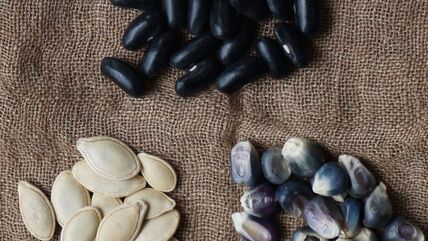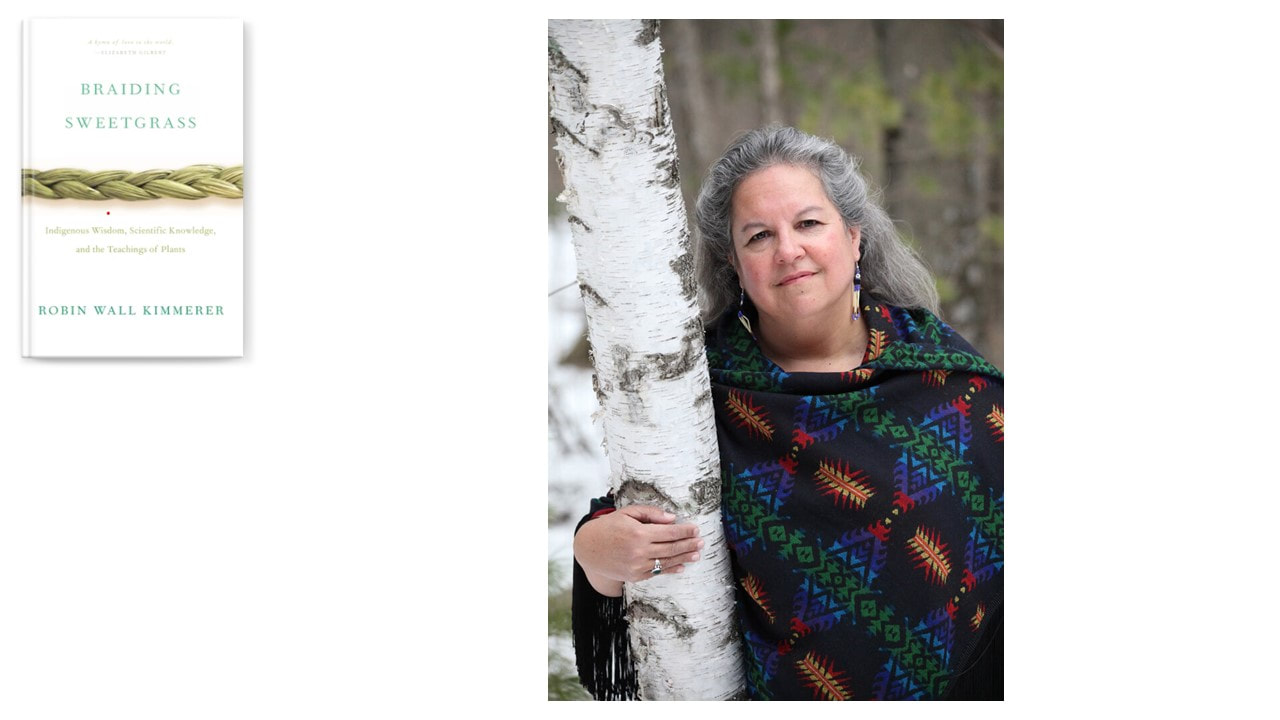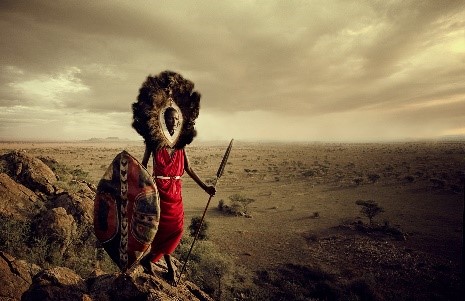Scott Anderson Isaiah 6:1-8 † Psalm 29 † Romans 8:12-17 † John 3:1-17 For perhaps ten thousand years on this continent, long before modern industrial monoculture farming methods became dominant, women mounded up the earth and planted three seeds right next to each other in the ground. Robin Wall Kimmerer tells us of this story of the Three Sisters in her book Braiding Sweetgrass.
Together these plants—corn, beans, and squash—feed the people, feed the land, and feed our imaginations, telling us how we might live. For millennia, from Mexico to Montana, women have mounded up the earth and laid these three seeds in the ground, all in the same square foot of soil.[1] Do you recognize the strands of knowledge and understanding, and mystery Kimmerer is braiding together here as she talks about these plants—corn, beans and squash? The plants feed the people, feed the land. And they feed imaginations. They teach lessons about morality and purpose, about what it takes to live fully, to live well, and to live long—if we have ears to hear (no pun intended).
0 Comments
Scott AndersonGenesis 1:1-2:4a † Psalm 8 † 2 Corinthians 13:11-12 † Matthew 28:16-20 You may want to grab onto something and hold on for the next couple of minutes. This may be a bumpy ride, but worth it, I hope. We’ve been talking a lot these past few weeks since the death of George Floyd about systemic racism, and systems of oppression and privilege. This language may be new for some of us, and old hat for others, but I suspect it is a value for all of us, every now and then, to remember our story in the United States as one way of understanding these systems that support white supremacy. Here we go.[i] Scott AndersonProverbs 8:1-31 † Psalm 8 † Romans 5:1-5 † John 16:12-15
I suspect our children understand far better than we do the implications of climate change on the future. It is, after all, their future, although we are the ones who have given it to them, such as it is. So let me offer you one simple illustration that caught my attention recently. Most of us are likely aware that populism is not simply an American phenomenon. We have a president who has made a decisively inward turn, advocating for walls and putting things in terms of insiders and outsiders both within and without our country. But we are not the only country where these explosive political dynamics have found new life. There is something of an international battle going on for the soul of our lives whether its arguments over Brexit in the UK, or Yellow Vest protests in France. These are all, at their roots, populist movements, that is, they are in revolt against elites, both in an economic as well as a political sense. Jan DittmarGenesis 1:1-31; Psalm 8:1-9; 2 Corinthians 13:11-13; Matthew 28:16-20
Anyone living in the Pacific Northwest should read Timothy Egan’s The Good Rain. It is a thrilling yarn by a modern day wilderness adventurer who follows the route of a trailblazer from 1853. Woven through many historic threads, is Egan’s reverence for Creation in the Pacific Northwest. Let me read a small passage, chosen at random. Near Vasiliki Tower (a mountain in the North Cascades), wildflowers grow from rock slits high above timberline. A hummingbird buzzes overhead, and I see goat prints on a patch of midsummer snow. As it has for many citizens of the Information Age, computer time has cut my attention span and reduced my patience. To come up here, I must slow to glacier time. In a class at Seattle U, several of us from St. Andrew read a half dozen books, at least four of which also captured an enchantment with Nature in these parts. I was reminded of the creation story Pat read that begins Genesis. In the beginning, God created the heavens and the earth. And it was good. Farther down, at verse 26, God says, “Let us make humankind in our image, according to our likeness; and let them have dominion over the fish of the sea, and over the birds of the air, and over the cattle, and over all the wild animals of the earth, and over every creeping thing.... God blessed them, and God said to them, Be fruitful and multiply, and fill the earth and subdue it and have dominion…. Scott Anderson Readings for the Sunday: Isaiah 6:1-8 | Psalm 22: 29 | Romans 8:12-17 | John 3:1-17 There are two kinds of people in the world, I think—those who understand they are beautiful, and those who are beautiful but have not yet figured it out. I’m talking about real beauty here—not the beauty so often defined by our western culture that is apparently accessible only between the ages of 25 and 30, not the surface kind of beauty that is driven by insecurity and the kind of advertising that pedals scarcity and uncertainty. I’m talking real beauty. Deep beauty that knows it’s beautiful. I’m talking about the beauty that I think Jesus is talking about when he tells Nicodemus you must be born again, born from above. I’m talking about the kind of sublime beauty that Isaiah captures in his vision of a Holy God that scares and even shames him, and yet he can’t not follow. He can’t but find strength and courage within himself. I’m talking about a beauty I hope I am beginning to understand, although I may be mistaken. For certain, I have a long way to go. I think I started taking pictures a few years ago as a way of trying to get to this kind of beauty—a training regimen of sorts. There’s something about an image, and, I suspect even more, about training the eye to capture an image that speaks to the kind of beauty I’m trying to talk about and I think Trinity Sunday is trying to name in a way. There’s a photographer called Jimmy Nelson who understands something of this, I think. You may not know the name, but you have probably seen some of his
|
St. Andrew SermonsCategories
All
|


 RSS Feed
RSS Feed